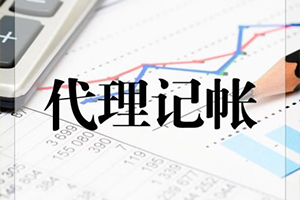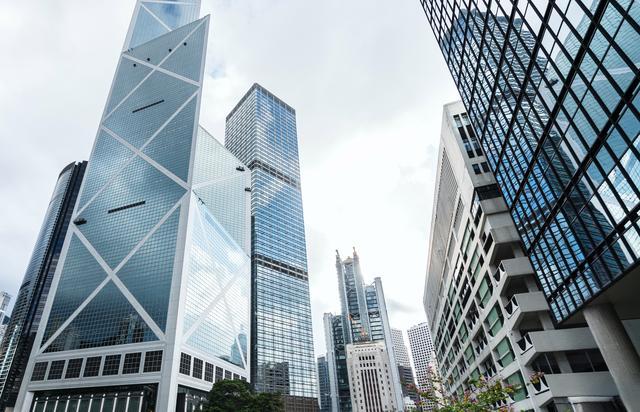China has recently ramped up efforts to attract foreign investment, underscoring its commitment to opening up its vast market to global companies.

This photo taken on April 26, 2024 shows a scene at the signing ceremony for deepening strategic cooperation between BMW and Shenyang, in Shenyang, northeast China’s Liaoning Province. [Photo/Xinhua]
Wooing foreign investment
The government has prioritized attracting and utilizing foreign investment, recognizing the crucial role that foreign-invested firms play in China’s economic transition.
According to a State Council executive meeting held in late June, China will expand its opening up in key areas. Shortly after, a symposium on foreign investment was held that urged further relaxation of market access and “leveraging the country’s ultra-large market as a real advantage in attracting investment.”
“Midway through the year, it is imperative to emphasize stabilizing foreign investment and implementing additional measures to enhance market access in specific sectors,” said Wei Jianguo, vice chairman of the China Center for International Economic Exchanges. “These actions are necessary to ensure the continued growth of foreign investment and trade in the remaining months of the year.”
Since the beginning of this year, an array of policies aimed at attracting foreign investment have been implemented. These include regulations to encourage and regulate the cross-border flow of data, as well as an action plan outlining measures to promote equal participation of foreign-invested companies in government procurement.
Local governments have also launched a charm offensive targeting foreign investors. In May, south China’s Guangdong Province introduced incentives to galvanize foreign-invested firms to expand local investment and presence. Last month, Beijing passed its first special regulation on foreign investment.
China’s efforts to woo foreign investment come at a time when global foreign direct investment (FDI) has remained subdued for two consecutive years, with challenging prospects for 2024 due to weakening growth and ongoing trade and geopolitical tensions, according to the United Nations Conference on Trade and Development.

Guests attending the delivery ceremony of the 700th A320 family aircraft assembled by Airbus Tianjin to Chengdu Airlines pose for a group photo in front of the A320neo aircraft in Tianjin, north China, July 8, 2024. [Photo/Xinhua]
Vote of confidence in China
Despite a drop in FDI in China in the first five months of this year, the country continued to see double-digit year-on-year growth in the number of newly established foreign-invested firms during the period.
To bolster its capacity to meet the expanding Chinese market demand, Japanese firm Yokohama Rubber has lately announced a mega investment plan to build a new passenger car tire plant in the eastern Chinese city of Hangzhou.
On July 3, China kicked off exhibitor application for the eighth China International Import Expo (CIIE), scheduled in November 2025. Several foreign-invested companies, including U.S. firm 3M and French firm L’Oréal, have been full-time CIIE participants since the inception of the world’s first national-level expo focusing on expanding imports.
“The CIIE is becoming increasingly popular, which is a vote of confidence from the global business community in China’s economic development,” said Tang Wenhong, China’s assistant minister of commerce.
According to the recently released 2024 Kearney FDI Confidence Index report, reflecting investors’ expectations for FDI over the next three years, China’s global ranking has risen from seventh to third place.
“Multinational companies initially looked at China as a supplier and then as a huge market. But now increasingly, we are looking at China as an innovation center,” said Andrew Wu, general manager of the China branch of U.S.-based commercial data and analytics firm Dun & Bradstreet.
 Visitors queue up at the PepsiCo booth at the 6th China International Import Expo (CIIE) in east China’s Shanghai, Nov. 8, 2023. [Photo/Xinhua]
Visitors queue up at the PepsiCo booth at the 6th China International Import Expo (CIIE) in east China’s Shanghai, Nov. 8, 2023. [Photo/Xinhua]
Emerging opportunities
Fan Yuelong, a senior management at Deloitte China, noted that China has entered a stage where high-quality foreign investment is needed and there is great potential for investing in China.
“High-quality foreign investment may include expanding investment in the country’s central and western regions, focusing on green development, individualized and intelligent solutions, and other areas,” Fan said.
China has started revising the industry catalog of sectors encouraging foreign investment, with intended support for advanced manufacturing, modern services, advanced technology, energy conservation and environmental protection.
During the Jan-May period, FDI inflows into China’s smart consumer equipment manufacturing and professional technical services increased 332.9 percent and 103.1 percent year on year, respectively.
In June, U.S. multinational food and beverage company PepsiCo broke ground on its first food production base in northwest China, which is also the company’s fifth major investment in the country over the past five years.
“As living standards of Chinese consumers continue to rise, there is a noticeable trend towards more specific and situational demands for household cleanliness,” said Han Guangzhong, Greater China CEO of Portuguese household cleaning brand Mootaa. “New market opportunities are emerging for us to seize.”








